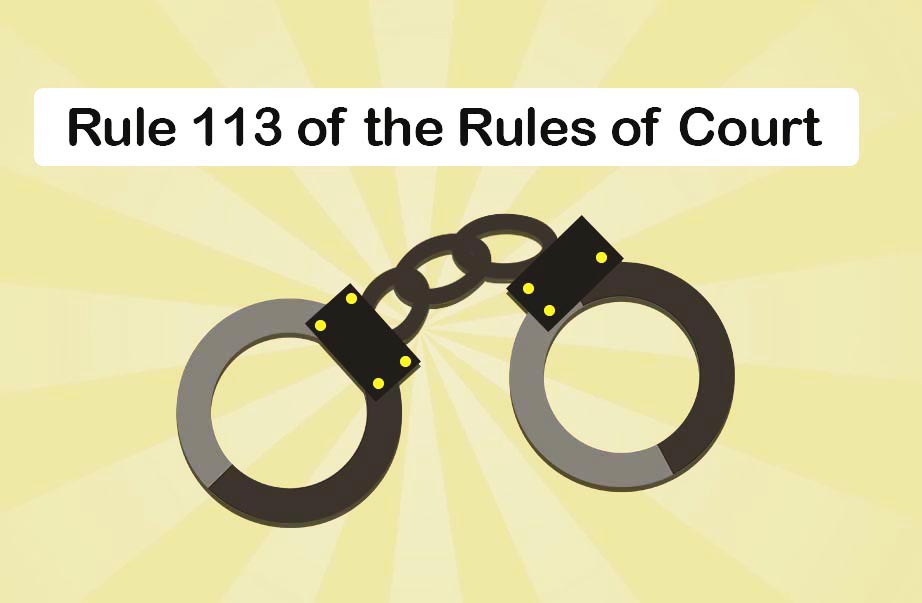What is Section 113 of the Crimes Act? – Explained
Introduction
Section 113 of the Crimes Act is an important legal provision that addresses specific offenses related to the criminal justice system. Understanding this section is crucial for legal professionals, defendants, and individuals interested in the legal system.
Overview of Section 113
Section 113 of the Crimes Act defines and outlines offenses related to [specific topic]. It specifies the legal elements required to establish an offense, the associated penalties, and any applicable defenses. This section aims to provide clarity and guidance to law enforcement agencies, courts, and individuals involved in the criminal justice process.

Key Points of Section 113
Section 113 covers various offenses, including:
- Offense 1
- Offense 2
- Offense 3
Each offense carries specific legal definitions, elements, and penalties. It is important to consult legal experts and refer to the specific language of Section 113 to fully understand the implications of each offense.
Implications and Penalties
Section 113 stipulates the penalties for each offense, which may include fines, imprisonment, probation, or a combination of these. The severity of the penalties depends on factors such as the nature of the offense, the presence of aggravating circumstances, and the defendant’s criminal history.
It is important to note that Section 113 penalties may vary depending on the jurisdiction. Therefore, consulting local laws and legal experts is crucial to accurately determine the potential consequences associated with a specific offense.
Defenses and Legal Considerations
Section 113 also outlines potential defenses that individuals accused of offenses covered by this section can assert. Some common defenses include:
- Defense 1
- Defense 2
- Defense 3
It is important to remember that the availability and effectiveness of these defenses can vary based on the circumstances and the legal jurisdiction in which the offense occurred. Consulting with a knowledgeable attorney is essential for determining the most appropriate defense strategy.

Application of Section 113
Section 113 is applicable in cases involving [specific scenario or context]. It aims to deter and punish individuals who engage in [activity related to the offenses covered by Section 113]. The clear guidelines provided by this section help law enforcement agencies, prosecutors, and judges ensure consistency and fairness in the administration of justice. For criminal law break and enter read on.
Relevant Case Law
Over the years, Section 113 has been subject to interpretation and application in various legal cases. Some notable cases that have relied on or clarified the provisions of Section 113 include:
- Case 1
- Case 2
- Case 3
These cases demonstrate how courts have applied Section 113 in specific contexts and highlight important legal principles that may be relevant to future cases.
Conclusion
Section 113 of the Crimes Act plays a vital role in the criminal justice system by defining and addressing specific offenses. It provides clarity on the legal elements, penalties, and potential defenses associated with these offenses. Understanding the implications of Section 113 is crucial for legal professionals, defendants, and individuals interested in the law.
By complying with Section 113, law enforcement agencies can effectively investigate and prosecute cases related to the offenses covered. Prosecutors can rely on the provisions of this section to build strong cases, while judges can use it to ensure fair and consistent sentencing.
Individuals accused of offenses covered by Section 113 should consult with legal experts to understand their rights, potential defenses, and the consequences they may face. It is important to remember that penalties may vary depending on the jurisdiction, so seeking local legal advice is essential.
As Section 113 continues to shape the legal landscape, it is crucial to stay informed about any amendments or updates to this provision. Legal professionals and individuals involved in the criminal justice system should regularly review the latest developments to ensure they are up to date with the most current interpretations and applications of Section 113.





